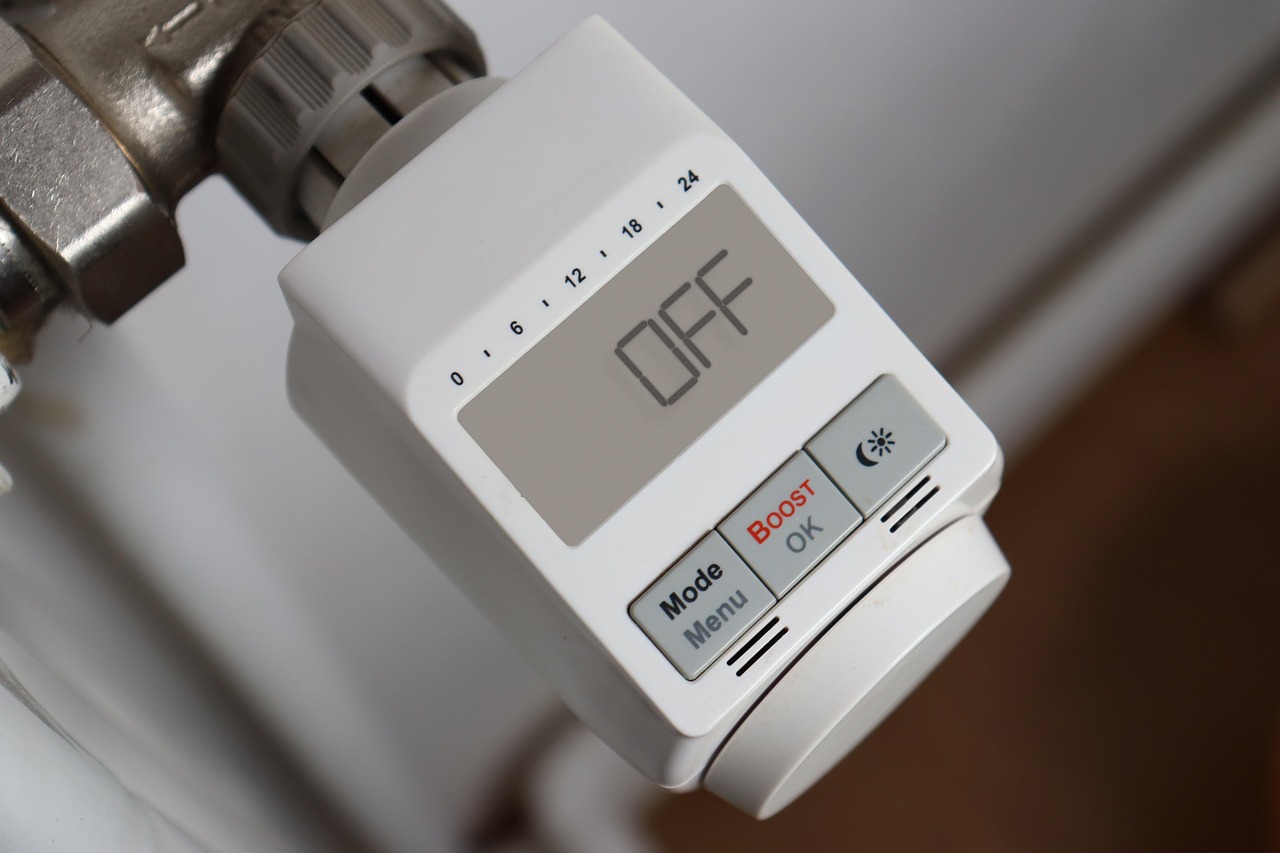

Heat Pumps vs Gas Boilers in 2025: What’s Best for UK Homeowners?
Heat Pumps vs Gas Boilers in 2025: What’s Best for UK Homeowners?
With government grants soaring and the move towards net zero climbing the agenda, many UK homeowners are wondering. Should you stick with a trusted gas boiler or switch to a heat pump? Let’s unravel the facts, cut through the noise, and help you make the right call for your property, your pocket, and the climate.
The £7,500 Boiler Upgrade Scheme: A Game-Changer for 2025
There’s no denying the government’s big push for greener heating in British homes. In 2025, the Boiler Upgrade Scheme remains a cornerstone of this effort. Homeowners can apply for a grant of £7,500 toward the installation of an air source or ground source heat pump. That figure, which covers a significant chunk of the upfront investment, has seen a sharp spike in applications. Over 4,000 in March alone. Making low-carbon heating more accessible than ever. If you own an eligible property, this financial boost is perhaps the strongest incentive yet to consider making the leap.
Performance and Efficiency: How Do They Stack Up?
Let’s talk real numbers. Modern gas boilers. Especially condensing models. Reach efficiency levels of around 90% to 95%. That’s impressive, but heat pumps play by different rules. For every unit of electricity a typical heat pump consumes, it can produce three times as much heat. Effectively a 300% efficiency. This sounds almost too good to be true, but it hinges on having a well-insulated home and temperatures that aren’t consistently below freezing.
One thing to remember: while a gas boiler’s performance is reliable across any weather, heat pumps can lose efficiency in the coldest snaps. Yet, new models are proving themselves even in chilly UK winters, with many now designed to operate efficiently in sub-zero conditions.
The Right Heating for the Right Home
Not every home is built the same. Nor should every heating system be. So, what suits your property best? If you live in a well-insulated, modern house with enough outdoor space, a heat pump could be ideal. These systems work best where they can run at a consistent, lower temperature. On the other hand, traditional gas boilers still shine in older or draughty homes, where rapid heat is needed or if external space is limited.
Sizing Up the Costs: Installation, Maintenance and Savings
There’s no way around it. Upfront costs matter. Even after accounting for the £7,500 Boiler Upgrade Scheme grant, heat pump installation can set you back from £4,000 to £7,000, depending on your property and system type. Gas boilers, by comparison, typically cost less to install, especially if you’re upgrading an existing system. But what about the long run?
Running costs for each system depend largely on the price of gas vs electricity. As of summer 2025, electricity is still pricier per unit than gas, so heat pumps are only consistently more economical to run in well-insulated homes or if you commit to optimised usage (think smart controls and low-temperature heating). Routine maintenance differs too: gas boilers average £80-£120 per year for servicing, while heat pumps might require less frequent but occasionally costlier professional checks.
Looking through a broader lens, a heat pump’s higher initial outlay is often balanced by its lifespan (upwards of 15 years) and potential savings on fuel bills in the right circumstances. If you’re planning substantial home improvements anyway. Better insulation, new radiators, or underfloor heating. This could tilt the scales in favour of a heat pump. Still, factor in your daily routine, the property’s age, and how long you intend to stay before making the jump.
Environmental Impact: Setting the Standard for a Net Zero Future
If you care about carbon emissions, this part is crucial. Gas boilers, even the most efficient new condensing models, burn fossil fuel and release CO2 every time they fire up. In fact, home heating accounts for over a third of the UK’s domestic gas consumption. Which adds up when aiming for the nation’s net zero goals.
Heat pumps, in contrast, don’t directly emit greenhouse gases. Their environmental edge depends on how the electricity that powers them is generated, but with the UK’s energy mix growing greener each year, their advantage keeps increasing. Some studies suggest hybrid heat pump systems can cut greenhouse emissions by up to 45% compared to condensing gas boilers. An important consideration for anyone looking to future-proof their home against changing regulations and energy standards.
It’s no coincidence: from 2025, all newly built UK homes are required to be “net zero ready”, with heat pumps featuring as the default. For existing homeowners, the shift is more gradual. Nobody’s forcing you to rip out a working gas boiler. But the writing is on the wall. Embracing renewable options now, alongside upgrades in insulation and efficiency, positions you well for both environmental and legislative changes ahead.
Chiropractic Considerations: Heating and Musculoskeletal Wellness
A comfortable, stable indoor climate isn’t just about saving money or the planet. It’s also about health. Those with chronic spinal or musculoskeletal issues may notice that consistent, gentle background heating (like that from a well-installed heat pump system) supports muscle relaxation and helps alleviate joint stiffness, especially during colder months.
From a chiropractic perspective, avoiding sharp drops or spikes in temperature can also reduce stress on postural muscles and aid recovery from injuries. Cold environments may increase musculoskeletal tension, potentially aggravating discomfort for individuals with conditions such as sciatica, postural syndromes, or those undergoing rehabilitation. While these systems won’t replace well-designed ergonomic furniture or an exercise programme, optimal home heating can complement holistic care for spinal health. Always seek advice from a qualified healthcare professional for personal recommendations.
Making Your Decision: Which System is Best for You?
Selecting between a heat pump and a gas boiler isn’t a one-size-fits-all decision. If you’re committed to lowering your carbon footprint, prepared for some up-front investment, and your home is well insulated, a heat pump is the forward-thinking choice. This is especially true if you’re already planning renovations or want to future-proof your heating for the evolving UK standards.
For owners of older, less insulated properties, or where upfront budget is a sticking point, a modern high-efficiency gas boiler still provides reliability and speed. Qualities that have made them popular for generations. As the UK heads toward greener heating, remember you can still take steps now to improve insulation and air tightness, laying the groundwork for a future heat pump installation should you wish.
Above all, the smartest route is to look at your whole home, your long-term plans, and your personal comfort needs. Evaluate your eligibility for grants, consider your budget realistically, and don’t overlook how temperature management affects your health. Especially if you’re managing spinal or musculoskeletal concerns. Choosing wisely today could make all the difference for your wellbeing and your wallet tomorrow.
Frequently Asked Questions
What makes heat pumps more efficient than gas boilers?
Heat pumps use electricity to move heat rather than create it through combustion. For every unit of electricity consumed, they produce up to three units of heat. Gas boilers, by contrast, convert gas into heat at around 90% to 95% efficiency, but always lose some energy in the process.
Are heat pumps suitable for older UK properties?
While heat pumps work best in well-insulated homes, they can be adapted for older properties. Though extra investment in insulation and upgraded radiators may be needed. Gas boilers remain a popular choice for historic or hard-to-insulate buildings where rapid heating is essential.
Can switching to a heat pump help with spinal or joint pain?
Maintaining consistent indoor temperatures can contribute to comfort for those with musculoskeletal issues. A steady, gentle heat reduces muscle tension and supports recovery, but it’s not a substitute for professional chiropractic care, exercise, or ergonomic best practices.
What government support is available for switching to a heat pump?
In 2025, the Boiler Upgrade Scheme offers grants of up to £7,500 to help homeowners cover installation costs for a heat pump. Eligibility requires property assessment and certain energy efficiency standards, so be sure to check the latest guidance before applying.
Will a gas boiler be banned in my home?
From 2025, only new-build homes are required to have net zero-ready heating systems, typically with heat pumps. Existing homes are not affected by a mandatory ban, but regulatory and market pressures are likely to reshape options in coming years, making now a good time to review your heating choices.
Disclaimer: This article offers educational information only and is not intended as personalised medical or building advice. For health or installation queries, please consult a qualified chiropractor or experienced heating installer.






